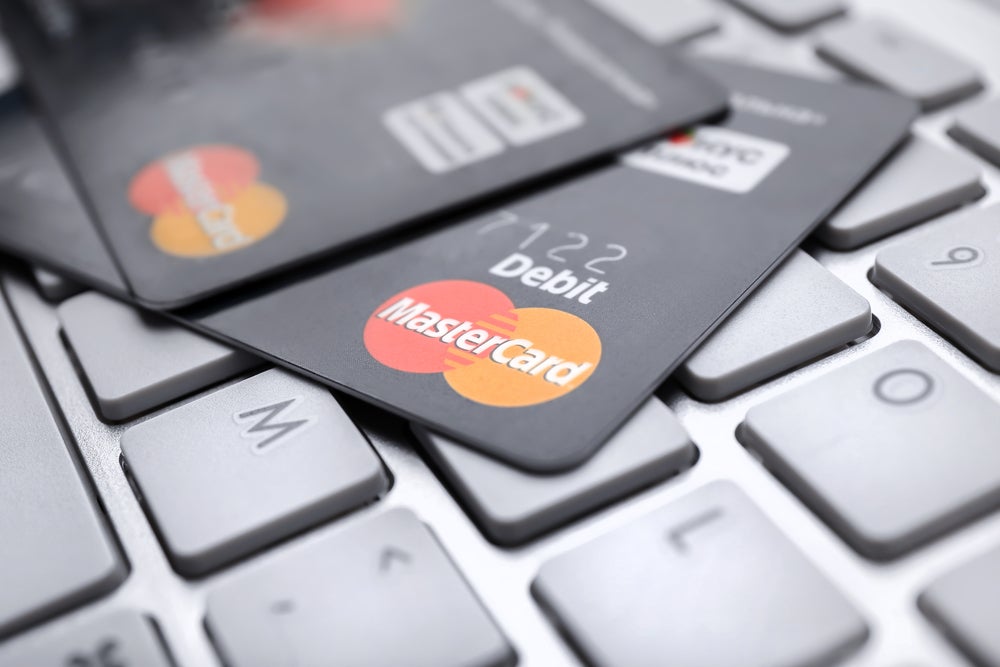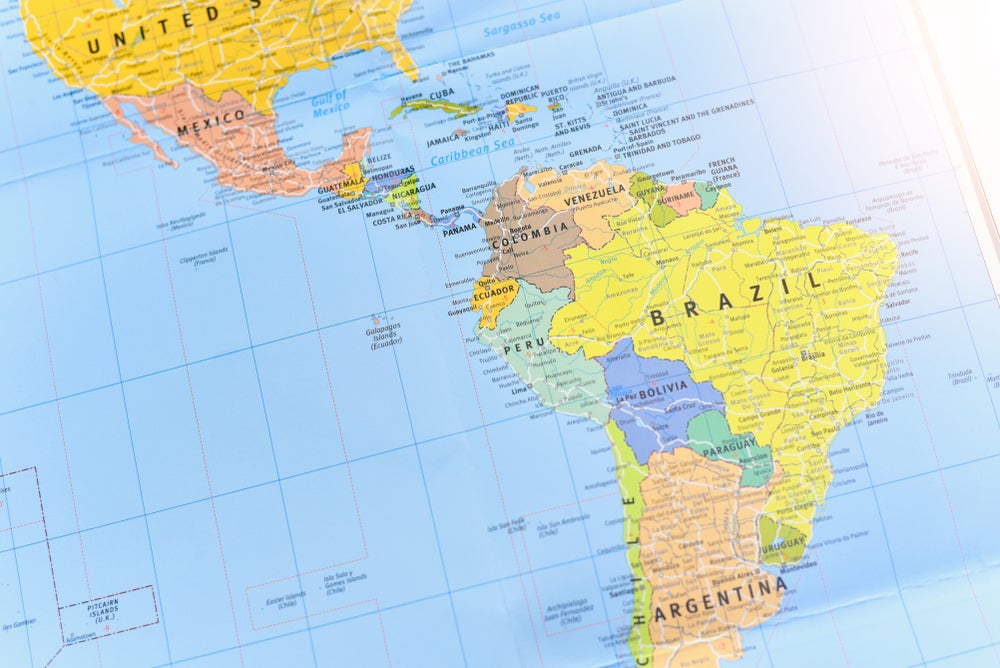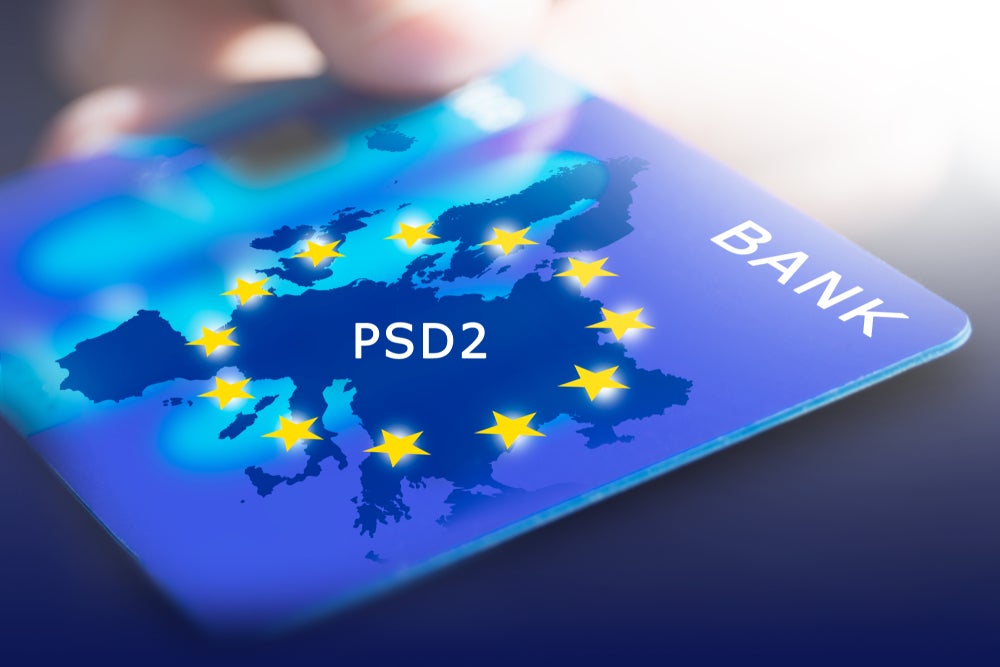Kenyan society is largely dependent on cash, but with its large rural area mobile payments have gained a notable level of acceptance, particularly through the M-Pesa system. Agency banking to build the banked population is gaining ground, while Islamic financial products are also increasingly popular
Payment card penetration in Kenya stood at 25 cards per 100 individuals in 2016. The low uptake is a result of society’s dependence on cash, limited merchant acceptance of payment cards, and the growth of mobile solutions such as M-Pesa and PesaPal. In total, cash accounted for 91.1% of Kenya’s payment transaction volume in 2016.
M-Pesa remains a popular payment method
Card-based payments fell by nearly one-fifth in 2014, as a result of the convenience and cost-efficiency of mobile-based retail payment solutions. In March 2016, M-Pesa had 100,744 agents and 24m registered users in Kenya. It also had more than 252,000 active retail outlets and 54 customer service desks.
Unlike banks, mobile payment solution providers offer services to small merchants and charge lower processing fees.
Safaricom charges retailers a 1% transaction processing fee on the Lipa Na M-Pesa service, which is much cheaper that the average 3% merchant service charge on bank card payments. In July 2016, Safaricom piloted a payment card linked to a consumer’s M-Pesa account. The card is NFC-enabled and uses chip-and-PIN technology.

How well do you really know your competitors?
Access the most comprehensive Company Profiles on the market, powered by GlobalData. Save hours of research. Gain competitive edge.

Thank you!
Your download email will arrive shortly
Not ready to buy yet? Download a free sample
We are confident about the unique quality of our Company Profiles. However, we want you to make the most beneficial decision for your business, so we offer a free sample that you can download by submitting the below form
By GlobalDataBanks have adopted an agency model to bring more people into the formal banking system. According to the Central Bank of Kenya, 35,789 agents from 16 commercial banks carried out 58.2m transactions worth $3bn (KES320bn) in 2014.
Barclays Bank partnered with the Postal Corporation of Kenya (PCK) to launch agency banking in March 2016. The service enables customers to make cash withdrawals, bill payments and balance enquiries at PCK outlets, which also act as collection points for funds transferred via the bank’s Cash Send money-transfer service.
PCK plans to roll out its agency banking service in phases, initially offering them at 182 outlets and servicing the remaining 218 outlets by the end of 2016. KCB, Equity Bank and Co-Operative Bank also offer agency banking services.
The share of the population aged 15 or above with a bank account rose from 54.6% in 2012 to 81.4% in 2016, according to the World Bank’s Global Findex survey. The rise in banking penetration drove demand for current accounts and debit cards.
Rising demand for Islamic banking
Demand for Islamic banking is rising in Kenya. In 2015 Sharia-compliant products accounted for 2% of all banking products. To capitalise on this, KCB launched its KCB Sahl Banking Islamic banking unit at six of its branches in April 2015. Standard Chartered Bank launched its Islamic banking service, Saadiq, in March 2014, offering the Fatwa current account, the Saadiq all-in-one account and the Saadiq Hifadhi account.

Growing payment infrastructure
The number of POS terminals rose from 18,478 in 2012 to 27,854 in 2016, and is expected to reach 55,400 by 2021. Most POS terminals have switched from landline to mobile technology. As merchants recognise the benefits of switching to terminals with more features and mobility, the industry registered an increase in the uptake of mobile POS (mPOS) terminals.
In February 2016, Barclays Bank launched an mPOS terminal that can be used to pay for transport, home deliveries and entertainment products using a Visa, MasterCard or American Express card. The bank partnered with Pewin Cab Company to pilot the device.
In February 2013, MasterCard, Equity Bank and mPOS provider Ezetap partnered to launch an mPOS solution consisting of a card reader which can be plugged into tablets and smartphones.







